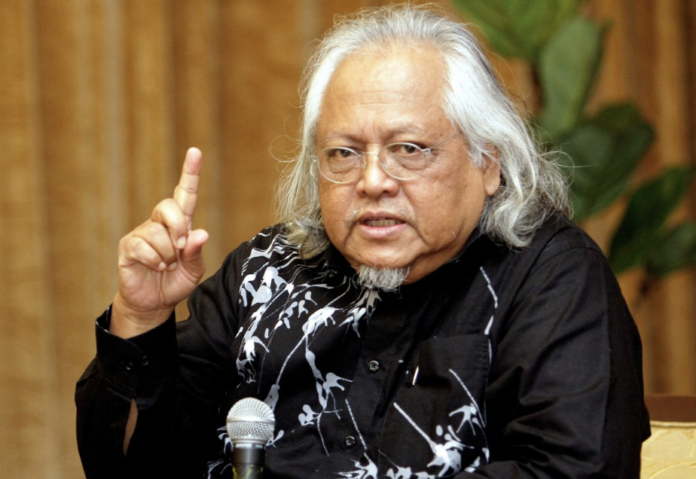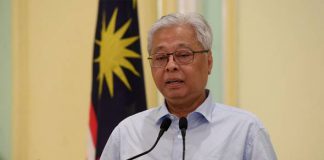KUALA LUMPUR, June 7 – As Malaysia prepares to take over the helm of the ASEAN chairmanship in 2025, scholars are emphasising the importance of maintaining a balanced approach in navigating the complex dynamics between global superpowers, particularly the United States and China.
Distinguished Prof Datuk Prof Dr Shamsul Amri Baharuddin, founding director of the Institute of Ethnic Studies at the National University of Malaysia (KITA-UKM), underscored Malaysia’s historical penchant for adopting a middle-of-the-road stance in international relations, particularly within ASEAN.
“In ASEAN, the three central realms are economics, politics and socio-cultural dimensions. Each requires close attention because each ASEAN country doesn’t share the same orientation within these realms,” Shamsul told Bernama while commenting on Malaysia’s chairmanship of ASEAN next year.
Indeed, as highlighted by Shamsul, ASEAN-member states exhibit diverse approaches to key geopolitical issues.
While Singapore tends to align more closely with the United States economically, the Philippines grapples with China’s presence in the South China Sea, and Indonesia maintains a stance reminiscent of the Non-Aligned nations position of the 1950s.
With Malaysia poised to assume the ASEAN chairmanship, there is an expectation for the country to leverage its diplomatic acumen and promote unity and consensus within the regional bloc.
Shamsul expressed confidence in Malaysia’s leadership, particularly under its “eloquent” Prime Minister Datuk Seri Anwar Ibrahim, in fostering stability amidst geopolitical tensions.
Echoing similar sentiments, Prof Dr Azmi Hassan, a Geostrategist and Senior Fellow at the Nusantara Academy of Strategic Research (NASR), emphasised the importance of ASEAN’s relationships with both China and the US.
Recognising China as ASEAN’s largest trading partner, followed by the US, Azmi stressed on the need for a balanced approach to maintain economic prosperity within the region.
“Malaysia has demonstrated a neutral stance in its dealings with both superpowers, showcasing the benefits of not taking sides,” he remarked.
He pointed to Malaysia’s handling of disputes in the South China Sea as evidence of its commitment to neutrality, even in the face of challenges encountered by other ASEAN-member states.
Looking ahead, he anticipates Malaysia’s chairmanship to focus on promoting cooperation and economic integration within ASEAN, particularly through initiatives such as the Regional Comprehensive Economic Partnership (RCEP).
This landmark agreement, comprising ASEAN and five other nations, including China, presents significant opportunities for trade and investment across the region.
















